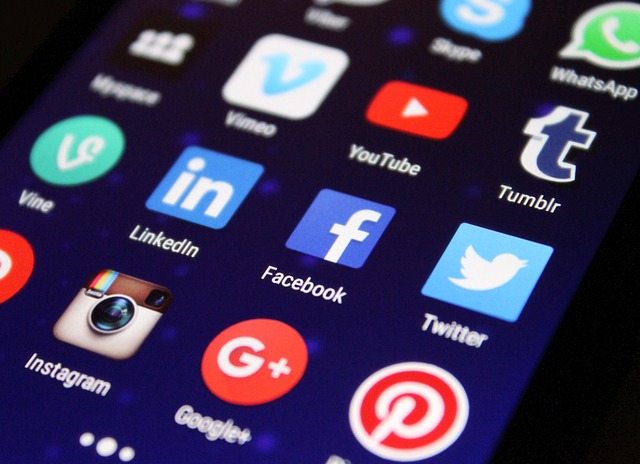In the digital age, social media has become ubiquitous, transforming the way we connect and interact with one another. The impact of social media on social relations is profound and multifaceted, reshaping our understanding of community, friendship, and even self-worth.
One of the most significant ways social media influences social relations is by bridging geographical distances. Friendships that may have once faded due to physical separation can thrive through platforms like Facebook, Instagram, and Twitter. We can now maintain connections with old friends, meet new people with shared interests, and participate in global conversations, which enriches our social lives. However, this constant connectivity can also create a paradox of choice, leading to a sense of overwhelm or even loneliness amidst a sea of online acquaintances.
Moreover, social media encourages the presentation of curated lives, where individuals often showcase the best versions of themselves. This can foster feelings of inadequacy and envy in others, as comparisons become inevitable. The unrealistic standards set by influencers and the highlight reels of our peers can distort our perceptions of reality, causing stress and anxiety. Our self-esteem may hinge on the number of likes or comments received, further entrenching the idea that our social value is quantifiable.
Additionally, social media platforms have given rise to new forms of communication, where brevity often supersedes depth. While a quick tweet or an Instagram story may convey a moment, it often lacks the nuance and richness of face-to-face interactions. This shift raises questions about the depth of our relationships. Have we substituted meaningful conversations with emojis and likes? Are we sacrificing quality for quantity in our interactions?
Furthermore, social media can amplify conflicts and misunderstandings. The anonymity and distance provided by screens sometimes embolden individuals to voice harsh opinions or engage in trolling behavior, which can lead to significant rifts in social relations. Cyberbullying has become an unfortunate byproduct in the digital landscape, impacting the mental health and well-being of many users, especially the younger generation.
Yet, it’s essential to acknowledge the positive aspects of social media as well. It has become a powerful tool for social activism, allowing marginalized voices to be heard and fostering community around various causes. Social media campaigns can mobilize support, raise awareness, and encourage civic engagement in ways that traditional media cannot match. It cultivates a sense of belonging and solidarity among individuals fighting for a common cause, thus enhancing social relations within those movements.
As we navigate this rapidly evolving digital landscape, it’s crucial to find a balance that allows us to enjoy the benefits of connectivity without losing sight of the value of authentic interactions. By consciously curating our social media experiences and being mindful of how we engage with others online, we can foster healthier social relations that enhance our lives instead of compromising them. In this way, social media can be a powerful tool for connection rather than a source of disconnection.




